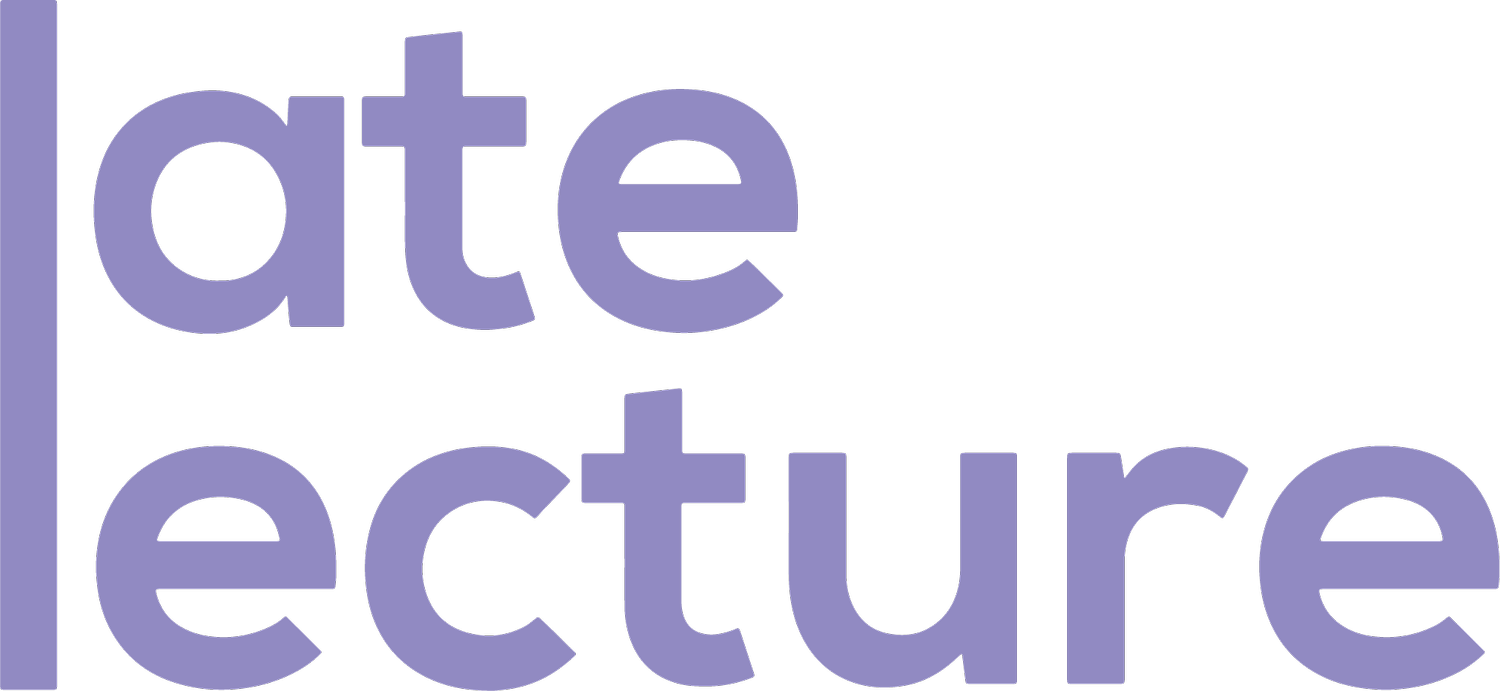From Case Rooms to Real Stakes: Nicklas’ Year as a Management Trainee at Visma
About ten-eleven weeks into his second project rotation, Nicklas Bruun-Andersen was told: “Here you go—now you’re the project manager for a demerger.” One hundred and eighty people. Two companies. A board presentation looming. And a recent DTU graduate standing at the center of it all.
Why Visma, and why now
For Nicklas, the draw was equal parts structure and speed. The Visma Graduate Program compresses a sharp learning curve into one focused year: five strategic projects across different companies and business areas, framed by an international intro in Oslo and touch points with top leadership. It’s a fast-track with room to explore and to ship. He still remembers the early signal that the program’s ambitions were real: meeting Visma’s top management in the first days and hearing the rationale for keeping cohort sizes small. The message landed—this is selective, intentional, and designed so trainees leave a mark, not just a line on a CV.
A year told in five projects
Projects at Visma are not always prepackaged. One rotation might be classic data work, which in Nicklas’ case would be to investigate whether large language models could replace more traditional ML in parts of the stack. Another might be pure project leadership, like coordinating that demerger end-to-end with a project lead and an executive sponsor backing the work. Each project runs roughly ten weeks: enough time to deliver, short enough to keep curiosity switched on. Outcomes carry forward. His first project mapped the developer experience in e-conomic (a Danish Visma company), which involved examining tooling, deploy pipelines, and the friction nobody sees until it stalls velocity. Months later, a dedicated DevEx team stood up to act on the groundwork. Impact doesn’t always arrive while you’re still in the room, but it arrives.
Responsibility, right away—support, all the way
Responsibility in the program is calibrated to you, which is high from day one and then tuned to confidence and need. The expectation is quite simple. You reach out when you need help, and you’ll get it. That safety net is formal, too. You get assigned a mentor, a personal leader, and a buddy (often a former trainee) continuously check in with you and give three angles on the same problem: fresh experience, mid-career perspective, and a senior leader’s view.
“This year is the easiest way to meet a lot of people. Take the coffee chat because you think someone’s work is interesting.”
The network you build makes ten-week sprints more fun and your later roles more effective.
Culture: entrepreneurial, diverse, and human
Nicklas describes Visma’s culture as entrepreneurial and deeply dedicated. Because the group spans nearly 200 companies across Europe, you meet people with wildly different backgrounds and watch how that diversity produces better solutions. At e-conomic, he later joined the sales organization as a data analyst, where the day-to-day looks like shared dashboards for leadership, go-to-market analytics for new products, and arming account teams with the data to advise customers better. Same curiosity, new vantage point.
What the program guarantees, and what it asks
The deal is clear: five strategic projects in one year, an international cohort with a shared kick-off in Oslo, and a guaranteed job at the end with roles that are tailored to you, not the other way around. Visma looks for trainees who are curious, collaborative, fluent in Danish and English, and eager to lead. Applications for the next Danish cohort (Copenhagen/Aarhus, hybrid) close on 02.11.2025. You’ll get a mentor network, international gatherings, and real autonomy. You’ll also get the little things that make work feel like a community: Friday bars, sports, and a modern home base in Carlsberg Byen or Højbjerg. But the core promise is growth through responsibility with the projects you lead being business critical.
How to stand out from DTU
You don’t need a business degree to belong here, but you do need a sincere interest in business problems. In interviews, think out loud. Show your reasoning, the trade-offs, the impact beyond the code. And keep your application personal; boilerplate gets spotted quickly (pro tip from Nicklas: tools can help but never outsource your voice). Project courses at DTU are your best training ground that you can use to tell a story about how you start, how you coordinate, and how you deliver. The graduate year is project-based; the habits you build now are the ones you’ll lean on later.
After the year: doors open, paths multiply
Graduates land in many places: product, data, finance, M&A, or even AI leadership. Roles are shaped around strengths you discover across the five rotations. Nicklas’ own arc started in data transitioning to project leadership before finally thriving in commercial data. This illustrates the point: try, reflect, then choose with more signal.
“If you’re in doubt—apply and be yourself.”
The program is built for people who learn fast, communicate across departments, and want to see their ideas tested in the wild. If that’s you, the next step is simple.
Learn more about the program here: https://www.visma.com/careers-programs/management-traineeship-visma
Apply for the position before 2 November 2025 here: https://career.e-conomic.com/jobs/6553362-launch-your-career-as-a-management-trainee-at-visma




